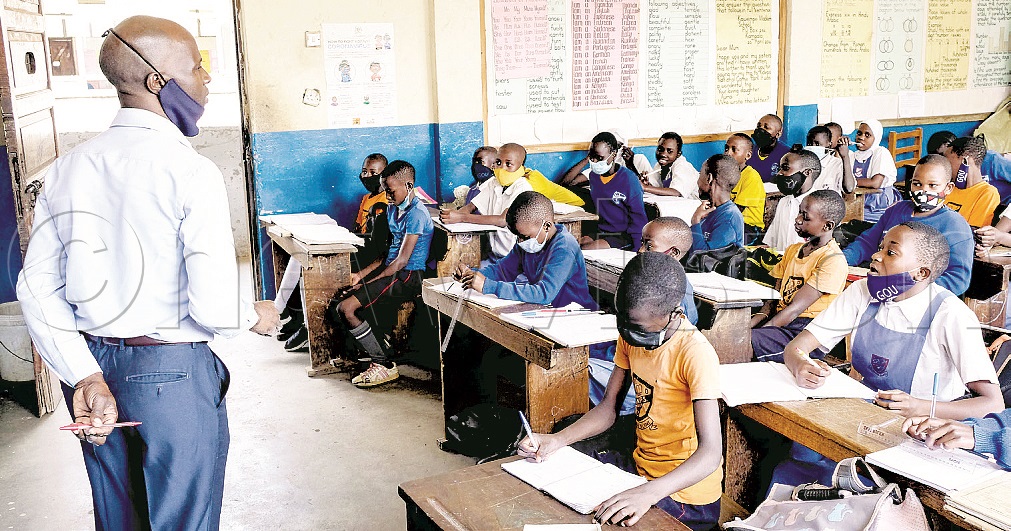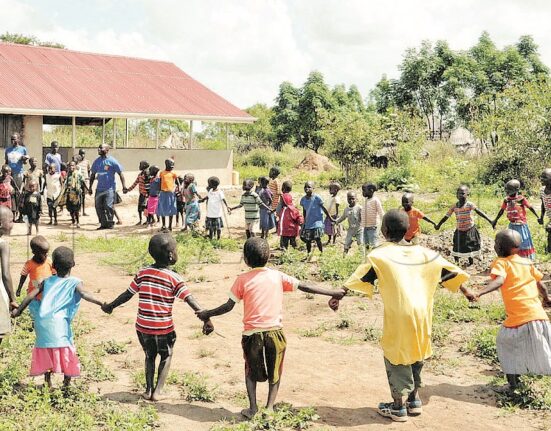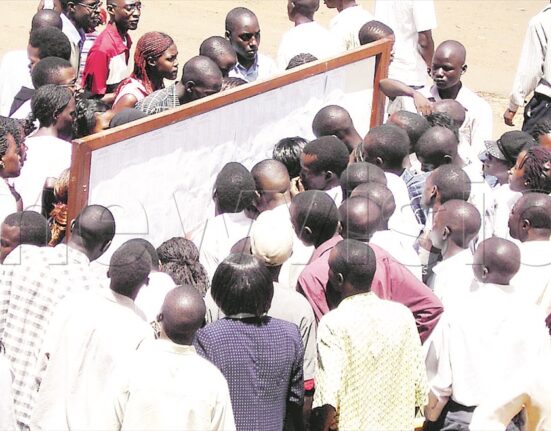(This article was first published in the New Vision on July 6, 2022)
By Ivan Tsebeni
Development partners have commended Uganda for promoting the right to education for boys and girls.
They said Government’s decision to promote equal access to education for boys and girls has allowed many children to complete primary education.
Linda Aimee Vachon, a technical advisor at Plan International, an NGO, said while Uganda, like many other countries, has suffered from the effects of COVID-19, and also continues to struggle with poverty and other diseases, it has maintained gender parity in education high on agenda.
A few years ago, Uganda achieved parity in terms of enrolment for boys and girls in primary education. But the country has not yet achieved parity in secondary and tertiary institutions.
More To Achieve Parity
Vachon noted that many other countries have not achieved parity in primary.
“Uganda has formulated a number of strategies and initiatives to ensure that both boys and girls access quality education and are able to complete the primary cycle,” Linda said.
These strategies, according to Vachon, include the strategy for girls’ education, the conceptualisation of gender in the revised education and sports sector plan (2007-2015), the formulation of the gender in education policy (2009), the promotion of girls’ education and equity in the classroom programme.
She added that all these strategies are aimed at facilitating equal participation of girls and boys in education.

Emulate Uganda
Vachon made the remarks recently while closing a two-day conference that discussed the importance of playful lessons in the learning process at the Commonwealth Resort in Munyonyo last week.
Richard Omasete, the policy analyst for PlayMatters, a project implemented by the International Rescue Committee for children in refugee settlements and host communities in Uganda, Ethiopia and Tanzania, urged other countries to emulate Uganda when it comes to gender inclusion in education.
“The Government has been pivotal in ensuring that structures to support gender inclusion in the education sector are in place and fully operational,” the policy analyst said.
Vision 2040
While Uganda has achieved gender parity at the primary education level, a significant number of girls still do not complete the primary education cycle. According to experts, gender parity at the national level also masks regional disparities.
Ketty Lamaro, the permanent secretary in the education ministry, said the sector’s strategic plan is built on three major objectives — to achieve equitable access to relevant and quality education and training, deliver relevant and quality education and training and enhance the efficiency and effectiveness of education and sports service delivery at all levels.
These strategic objectives, Lamaro noted, are consistent with Vision 2040 and the third National Development Plan.
“Our desire is to see that the learning outcomes of our children improve in reading, comprehension and numeracy. We want to support the mastering of the foundational skills in the lower grades of school and to benefit fully from the curriculum,” she added.









Leave feedback about this